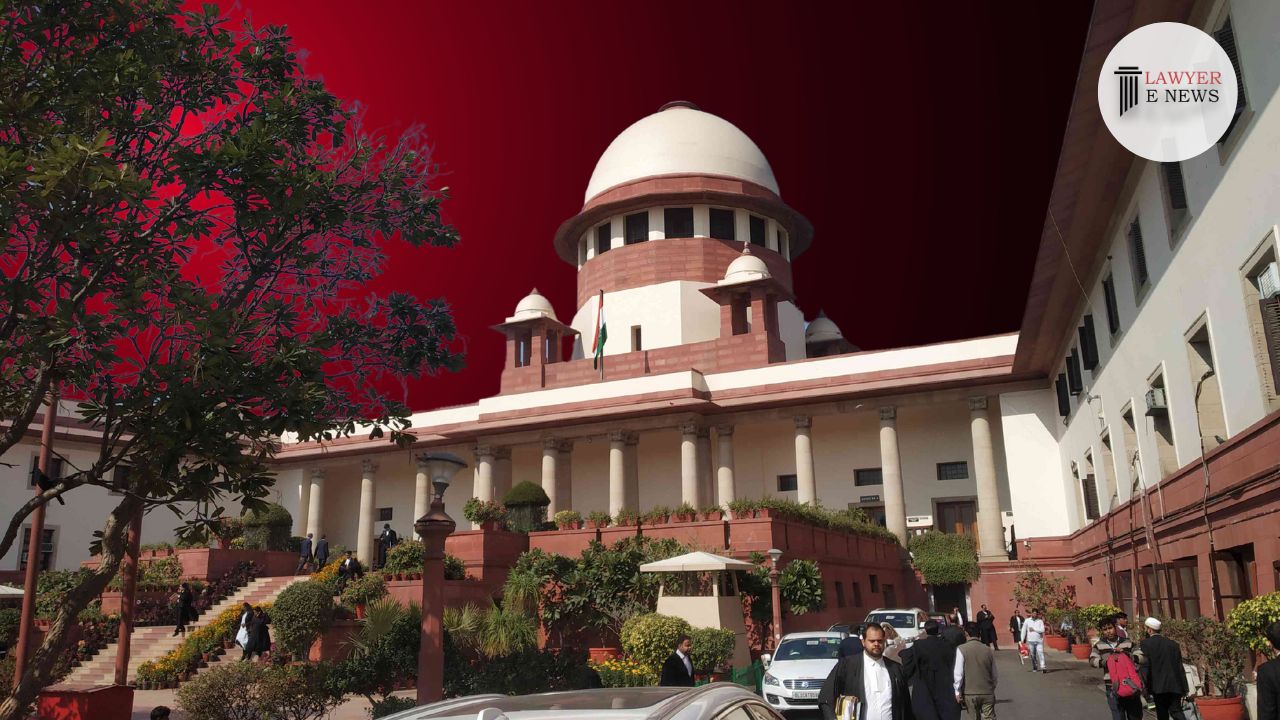-
by Admin
16 February 2026 1:47 PM



In a significant judgment, the Supreme Court of India has upheld the penalty of dismissal imposed on a constable of the Central Reserve Police Force (CRPF) for his misconduct. The Court set aside the order of the High Court that had reinstated the constable with notional benefits but denied him back wages. The decision was delivered by a bench comprising Justices M.R. Shah and C.T. Ravikumar.
The case involved Constable Sunil Kumar, who was charged with consuming liquor while on duty, misbehaving with superiors, and threatening senior officers. Following a departmental enquiry, the disciplinary authority dismissed him from service. The dismissal was subsequently confirmed by the Appellate Authority.
However, the High Court set aside the penalty of dismissal, considering the fact that the misconduct occurred while the constable was not on active duty. The High Court held that the offences committed were less heinous, and the penalty of dismissal was disproportionate. The Court ordered the constable's reinstatement in service but denied him back wages.
In its judgment, the Supreme Court noted that the charges and misconduct proved against Constable Sunil Kumar were grave and serious, not befitting a soldier in a disciplined force like the CRPF. The Court emphasized that misbehaving with superiors, insubordination, and threatening senior officers could not be tolerated in such a disciplined force.
The Court further clarified that the classification of heinous or less heinous offences under Sections 9 and 10 of the CRPF Act, 1949, which affects the punishment of imprisonment, has no relevance to disciplinary proceedings or departmental enquiries. The Court rejected the High Court's observation that the penalty of dismissal was disproportionate due to the lesser offence committed.
Regarding judicial review, the Supreme Court stated that for interference with a punishment of dismissal, the punishment must be strikingly disproportionate, displaying perversity or irrationality. The Court held that the penalty of dismissal in this case was not strikingly disproportionate and, therefore, the High Court had committed a serious error in interfering with the penalty.
Furthermore, the Supreme Court emphasized that when the penalty of dismissal is set aside, the matter should be remitted to the disciplinary authority for imposing an appropriate punishment, as it is the prerogative of the disciplinary authority. The Court also highlighted that the High Court does not have the power to deny back wages.
The Supreme Court's decision reinstates the penalty of dismissal imposed on Constable Sunil Kumar and sets aside the High Court's order. The constable will not be entitled to back wages. This judgment reaffirms the importance of discipline and upholding the standards expected of personnel in disciplined forces like the CRPF.
DATE OF DECISION: January 19, 2023
Union of India and Ors. vs Const Sunil Kumar
